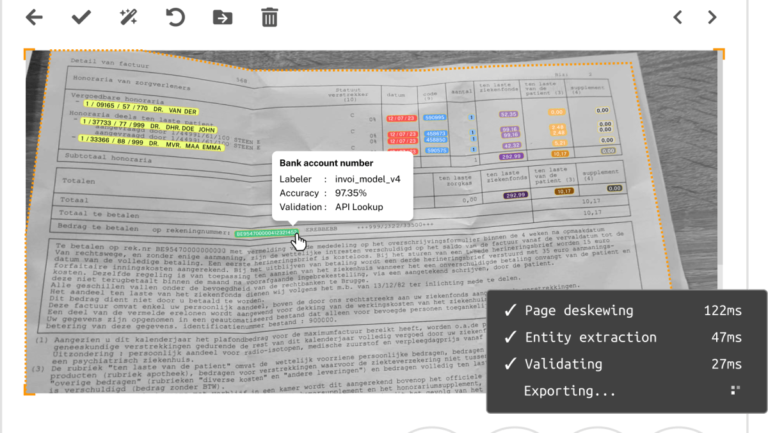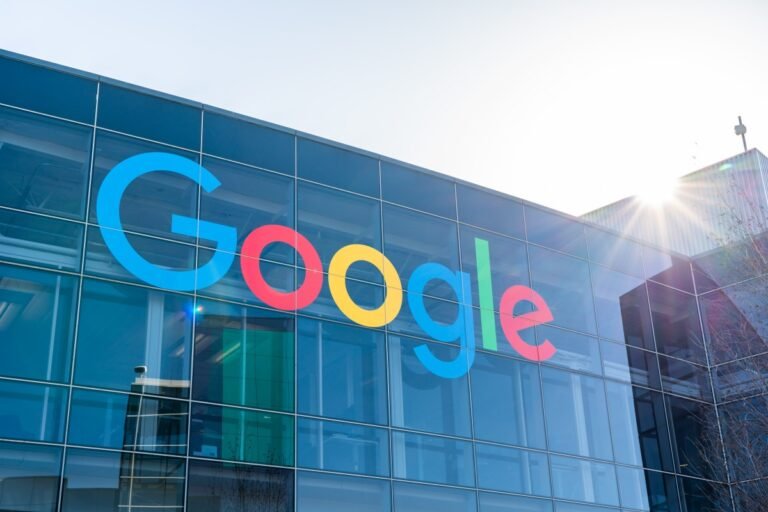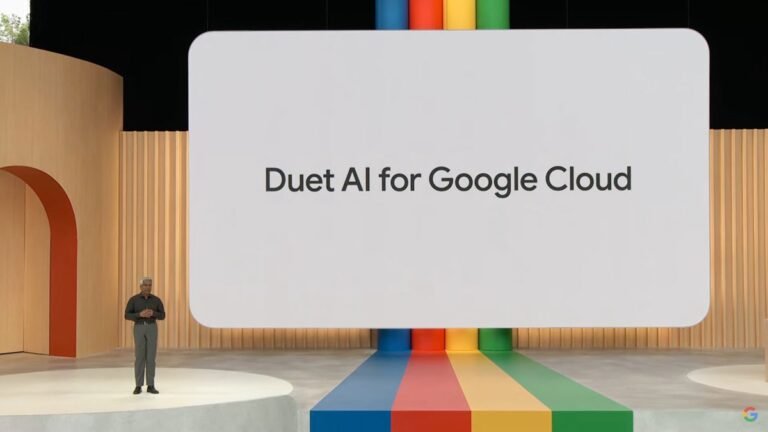
Mapping startup Hivemapper will launch a new dashcam later this year that its co-founder believes will speed up efforts to claw market share away from Google.
The new Hivemapper Bee camera, revealed Wednesday, is part of the company’s years-long push to decentralize mapping and make map data more affordable and accessible.
Late last year the company launched Scout, a “location monitoring tool” that lets customers “mark” a location and receive images every time a Hivemapper driver passes by.
The company says the Bee will create higher-quality map data that is less likely to be rejected upon submission.
Nelson says there are plenty of people who want to buy a Hivemapper camera for other reasons.

Barely a week after launching the latest iteration of its Gemini models, Google today announced the launch of Gemma, a new family of lightweight open-weight models.
To get started with Gemma, developers can get access to ready-to-use Colab and Kaggle notebooks, as well as integrations with Hugging Face, MaxText and Nvidia’s NeMo.
While Google highlights that these are open models, it’s worth noting that they are not open-source.
Indeed, in a press briefing ahead of today’s announcement, Google’s Janine Banks stressed the company’s commitment to open source but also noted that Google is very intentional about how it refers to the Gemma models.
“[Open models] has become pretty pervasive now in the industry,” Banks said.

A fledgling Dutch startup wants to help companies extra data from large volumes of complex documents where accuracy and security is paramount — and it has just secured the backing of Google’s Gradient Ventures to do so.
How it worksCompanies can access Send AI’s cloud-based software via APIs which funnels data from documents sent over email.
Upon receipt, Send AI visually enhances the documents before sending to its language models for classification and extraction.
In terms of pricing, Send AI charges on a credit-based basic, whereby customers pay per processing-step.
Send AI attempts to address such concerns by deploying small, isolated open source transformer models for each customer.

Google announced today that Gemini, its family of multimodal large language models, now powers the conversational experience within the Google Ads platform.
With this new update, it will be easier for advertisers to quickly build and scale Search ad campaigns.
The conversational experience is designed to help build Search campaigns through a chat-based tool.
The tool uses your website URL to create Search campaigns by generating relevant ad content, including assets and keywords.
“We observed that it helps them build higher quality Search campaigns with less effort.”The new tool will join Google’s other AI-powered tools for advertisers.

Gemini, Google’s cutting-edge generative AI model family, is coming to Samsung’s new flagship smartphone — the Galaxy S24.
Google and Samsung made the announcement to coincide with the Galaxy S24’s unveiling this afternoon.
Beyond Gemini, the Galaxy S24 will benefit from Google’s Imagen 2 text-to-image model, which will underpin photo editing features in the Galaxy S24 Gallery app.
Neither company said exactly how Ultra might be used on the Galaxy S24, however — or any other Samsung devices for that matter.
Mum’s the word on whether Galaxy S24 users can expect the same Assistant and Bard upgrades; hopefully we’ll learn more during today’s Galaxy S24 press conference.

It also objected to Google limiting or refusing to allow interoperability of services included in GAS with third-party services.
“We are particularly concerned about the compulsory bundling of services with great market strength and reach with services that are less strong.
“Google is also prepared to eliminate its contractual provisions on setting Google services as default applications or displaying them prominently in the infotainment platform,” the FCO also noted.
The question of whether Google’s proposals will result in an unbundled offering of Google’s services in the automotive sector will be decisive in this context,” it added.
Which may give the FCO reason enough to continue its scrutiny of Google Maps in the meanwhile.

In this edition of WiR, we cover Cruise slashing 24% of its driverless workforce (and, relatedly, Tesla’s autopilot recall), Twitch’s new nudity policy conundrum, Adobe’s updated app design language and Instagram launching a generative AI–powered background editor.
Most readGemini comes to more apps: Google’s Gemini GenAI models — specifically Gemini Pro, a lightweight version of a more capable model, Gemini Ultra, set to arrive in the coming months — is making its way into more Google products.
Duet AI, the company’s suite of dev assistance tools for code completion and generation, will soon start using Gemini.
So will AI Studio (formerly MakerSuite), Google’s AI app design experience on the web, and Vertex AI, the tech giant’s managed AI dev platform for enterprises.
Called Spectrum 2 (no surprise there), the new design system backs off a bit from the austerity of the current Spectrum design and adds quite a few more splashes of color.

Google’s making the second generation of Imagen, its AI model that can create and edit images given a text prompt, more widely available — at least to Google Cloud customers using Vertex AI who’ve been approved for access.
Text and logo generation brings Imagen in line with other leading image-generating models, like OpenAI’s DALL-E 3 and Amazon’s recently launched Titan Image Generator.
These techniques also enhance Imagen 2’s multilingual understanding, Google says — allowing the model to translate a prompt in one language to an output (e.g.
Google didn’t reveal the data that it used to train Imagen 2, which — while disappointing — doesn’t exactly come as a surprise.
Instead, Google offers an indemnification policy that protects eligible Vertex AI customers from copyright claims related both to Google’s use of training data and Imagen 2 outputs.

Confluent, HashiCorp and MongoDB, for example, will provide data to train Duet AI for Developers to help developers with writing code for their platforms.
Google’s overall story around its AI coding tools is essentially the same as from every other vendor.
For now, the company only said that Turing, an ‘AI-powered tech services company,” saw a 33% productivity gain after adopting Duet AI for Developers.
Duet AI for Developers currently supports over 20 languages, including C, C++, Java, JavaScript and Python.
Until the end of January 2024, Duet AI for Developers will be available for free.

One of these services is AI Studio — which was previously known as MakerSuite.
AI Studio is a web-based tool for developers that functions a bit like a gateway into the wider Gemini ecosystem, starting with Gemini Pro and then, at some point next year, also Gemini Ultra.
“We’ve designed it really to be the fastest way to build with Gemini,” Josh Woodward, Google’s VP for Google Labs, told me.
Woodward noted that the team tried to design AI Studio so even the free tier wouldn’t feel like a trial or gated product.
Jeanine Banks, the VP and GM for Google’s Developer X teams and head of developer relations, also stressed that AI Studio is a gateway into Google’s wider AI ecosystem and in particular to Vertex AI, Google’s enterprise-ready generative AI developer platform.













